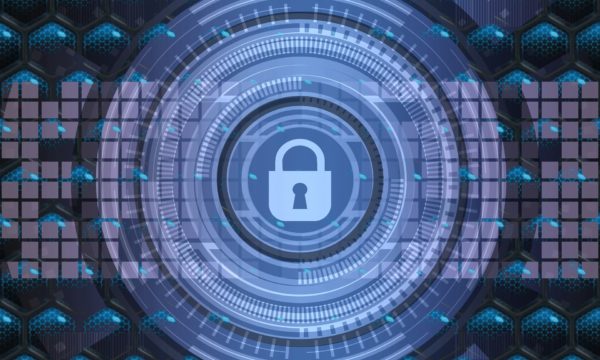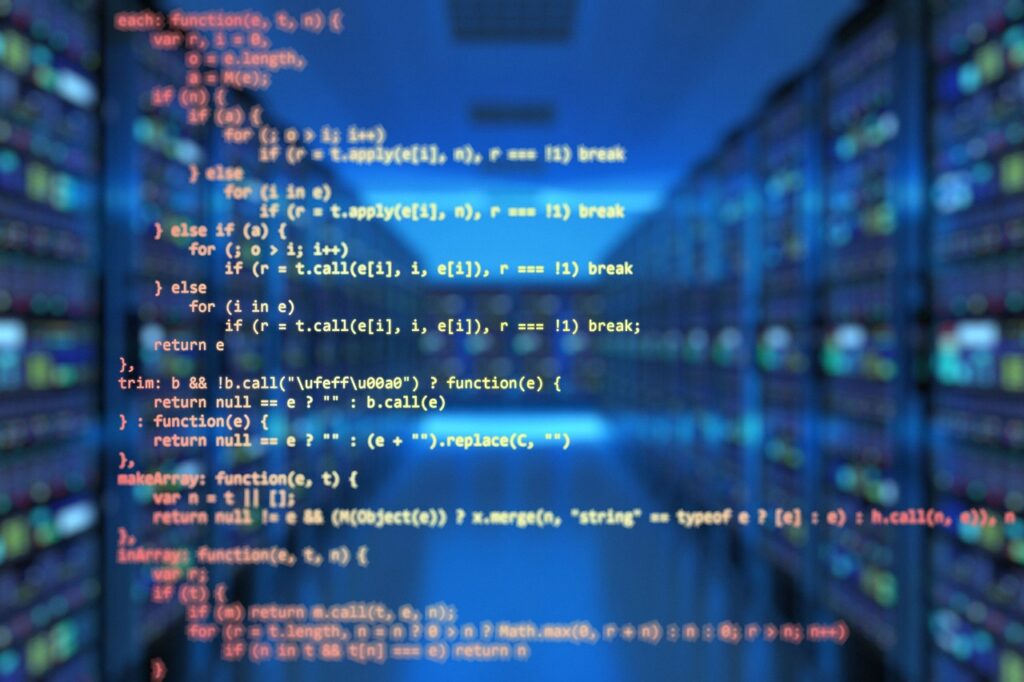Casinos have been a target for scammers from the early days of their existence. The industry is highly connected with money, which makes it a prime target. Nowadays, more and more casino businesses are created on the internet, but the threat from fraud remains unchanged. However, instead of fraud with chips and hidden headphones, we see new methods:
- DDoS attacks
- Hacking of games
- Stealing of user accounts
Cybersecurity becomes even more important than security in a brick-and-mortar casino. Thanks to a million potential ways to hack digitized systems, casinos need to be more active than ever to protect their platforms. There are successful online casinos like Slotozzila that are able to protect their casinos, maintain secure games like quick hit slots, and run a successful online gaming business. In many cases, online casinos allow customers to try it out for free to demonstrate that it is both fun and secure.
Risks of Hacking
Hacking or hijacking user accounts is the primary risk for online casinos, and it is essential for operators to prevent it. If a casino is vulnerable, it can potentially reveal personal data of its customers to scammers who can steal it directly or indirectly from the client. For example, they can get credit card information that can be easily used by hackers to cause significant harm to the cardholder.
The Integrity of the Game
Here is another important point of trust for the casino. A casino—whether brick-and-mortar or online—is only as good as its games. If hackers can compromise the integrity of the gameplay, there is a risk to destroy the reputation of online gambling platforms.

Players want to know that they participate in a fair game with a legitimate chance of winning. But if hackers can gain access to gaming software, the results for players and casinos can be disastrous. This not only casts doubt on the integrity of the games but also opens the potential for great losses for casino operators. The only option that casinos and game developers can use is to invest in cybersecurity. They regularly check the gaming software so that there are no ways to hack it. But with the ever-changing hacking methods, this is an ongoing and fierce battle.
In addition, for casino operators in the EU, the GDPR rules require immediate public disclosure of any data loss, which is a public relations catastrophe. And, of course, this does not contribute to building trust between the player and the casino. This can have long-term consequences for casino operators, and, as we have seen in recent years, there is a real potential for destroying a trusted casino brand.
Loss Prevention
In addition to the safety of the customers, casinos should also take care of themselves. Loss prevention costs millions for the online gaming sector. With an insecure website or mobile platform, casinos are potentially subject to significant losses. And in some cases, these losses can accumulate in the blink of an eye.
Insufficiently protected casinos look like the bank vault remains unlocked, and perhaps this is one of the most significant financial risks. Preventing system leaks is necessary for operators to preserve their financial integrity.
Online gaming can be fun and exciting, and—if you play your cards right and have a little luck—may even pay off. Customers go to online casinos knowing that they are gambling—that there is risk they will lose their money—but that doesn’t mean they want to lose it to cyber criminals. For online gaming to remain a successful business model, cybersecurity has to be a top priority.




Comments are closed.